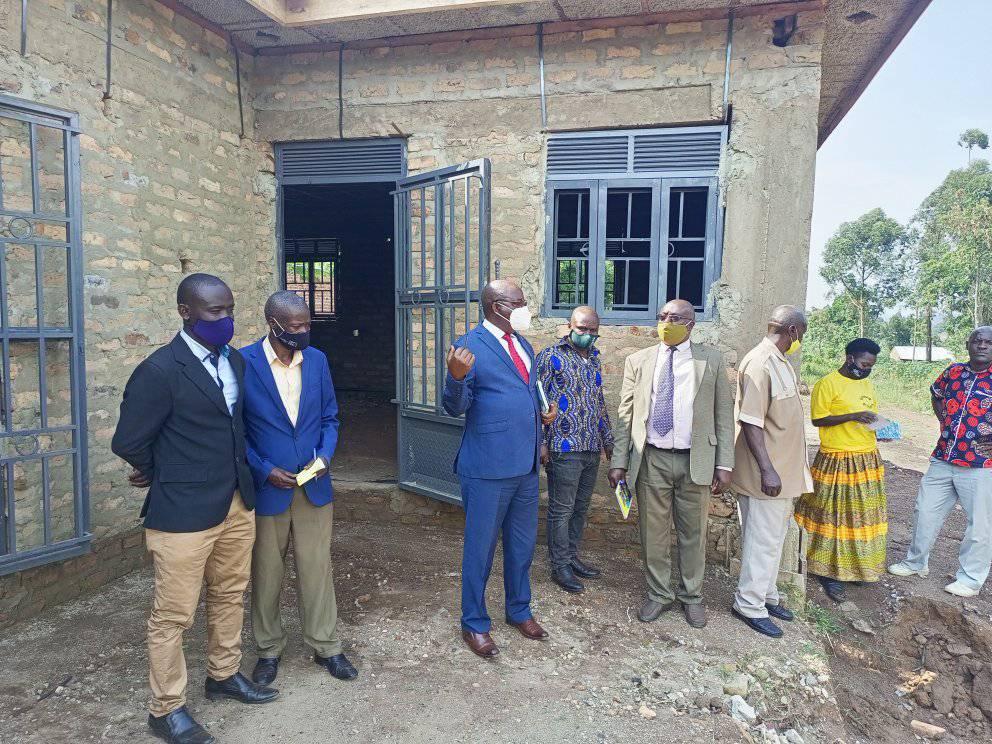Community Development
Kagadi District Local Government is inculcating the right attitudes and mind-sets through a number of programs like UWEP(1043 beneficiaries in 342 women groups), YLP(13453Youth in 154 groups), FAL which is transiting to Integrated Community Learning for Wealth Creation, SAGE and other community Involvement programs such as Barazas/ Community dialogues to inform bottom-up participative planning and decision-making. In line with Equal Opportunities Commission 2007 and Uganda Vision 2040, the Local Government has also invested the promotion of special interest groups like the Youth Councils, Women Councils, PWD Councils, and Older Persons Council to enhance civic education and initiated the Harmonized Participatory Planning Guide to deepen community involvement and ensure actors are well coordinated at local Government level. There is also Presidential Initiative of” Emyooga” being implemented for job and wealth creation.
Nevertheless, there is general lack of responsibility and ownership of government programs, a serious obstacle to development. This is evident in the poor recoveries from UWEP and YLP and at times low participation attributed to low popularization and domestication of development initiatives, programs and policies to lower levels; functional and a locative inefficiency; poor monitoring and supervision; and weak implementation due to poor mid set and limited up take of some developmental initiatives.
The District is implementing Integrated Community Learning for Wealth Creation; continue implementation of UWEP, YLP SAGE, Implementing of the Presidential Initiative of Emyooga and working with the special interest group of various categories for inclusiveness as a holistic approach to community Empowerment. This is in line with SDG 1 and 5.
Social Protection
Socially Kagadi District Local Government is inculcating the right attitudes and mind-sets through a number of programs like UWEP(1043 beneficiaries in 342 women groups), YLP(13453Youth in 154 groups), FAL which is transiting to Integrated Community Learning for Wealth Creation, SAGE and other community Involvement programs such as Barazas/ Community dialogues to inform bottom-up participative planning and decision-making. Culturally, the district has a mix of culture and being of a host of several immigrant communities, the languages used are a mix with majorly Runyoro and Rukiga among others. The main form of selection of leaders is by electoral democracy. The household unit is the nucleus of governance and all programs are designed targeting households for grounded firm development. In line with Equal Opportunities. Significant progress has been noticed in addressing poverty and vulnerability in Kagadi, with the district poverty rate declining from 89 percent in 2014 to 56 percent in 2019/20. However as a result of the high population growth rate, the absolute number of people living below the poverty line has not reduced significantly. To date, over 46% of people remain poor and an additional 43 percent of the population is highly vulnerable to falling into poverty.
Child labor the district has made significant advancement in eliminating the worst forms of childlabor. However, underage children continue to engage in strenuous activities mostly in the agricultural sector and in commercial sexual exploitation. Children aged 5 to 14 are working children and that 95% of them work in the agricultural sector, picking coffee, and tobacco, growing rice, herding cattle and fishing among other activities. Instances of child labor have also been observed in the mining industry (brick making and charcoal production) and in the services sector. 10 goods where child labor is rampant are listed under the district of Kagadi. These include bricks, cattle, charcoal, coffee, fish, rice, sugarcane, maize and tobacco.
The District is experiencing high cases of GBV which escalated during the Covid 19 lockdown. These cases come as a result of cultural factor which is also a mind-set issue. The violence is more seen in Migrant communities and at times results into death. There are Partners like World Vision, CRS that are working with the District to address this issue. However, the District shall continue using the Human Based Approach to handle violence at all levels.
The Local Government enjoys vibrant support from partners like World Vision, Adelante Africa, SNV and the range of community structures like Para Social Workers, Child Protection Communities Village Health Teams, Local Council Leaders of the various categories and the special interest groups, private sector, Faith Based Organizations. This shall ensure access to services, education, employment and physical environment as well as the participation in the social, cultural and political activities regardless of sex, age, race, color, ethnic origin, tribe, creed, religion, health status, social or economic standing, and political opinion.





